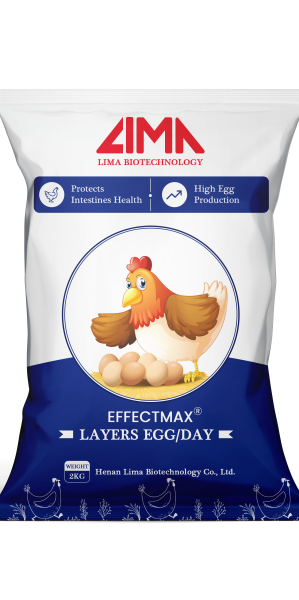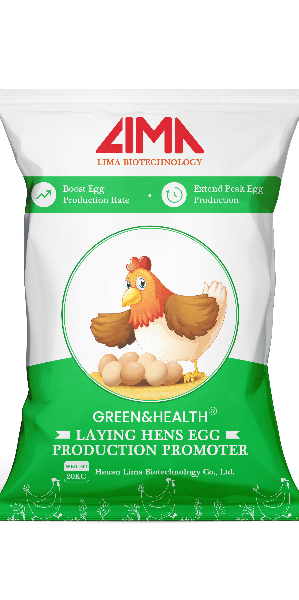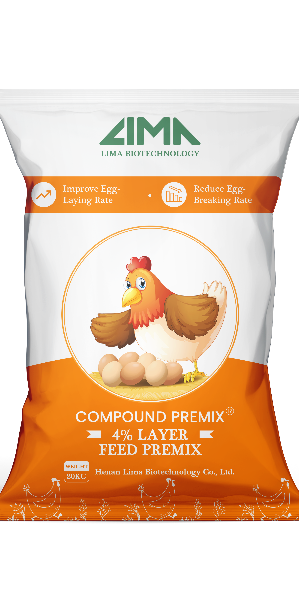Fresh eggs from your own flock or local farm are a wonderful source of nutrition and flavor. But how do you store them to maintain their quality and safety? In this article, we’ll walk you through everything you need to know about storing farm-fresh eggs, while highlighting tips to keep them clean, nutritious, and long-lasting.
What is the The Eggshell Membrane
The eggshell membrane, also called the cuticle, is a natural protective coating that forms on the egg in the hen's oviduct. It's the last step before the egg is laid, like the last coat of paint on a car before it rolls off the assembly line. The protective coating consists of two layers of a watery liquid that quickly dries after the egg is laid, leaving a soft, powdery texture. It can even affect the appearance of the egg, such as making brown eggs appear pink, dark brown eggs appear purple, or making colored eggs appear lighter.
The eggshell membrane serves a vital purpose: it seals the inside of the egg, preventing it from spoiling and allowing it to be stored at room temperature. The egg's surface has thousands of tiny pores, and without the membrane, pathogens can easily enter. Studies have shown that water mixed with carbon black quickly penetrates the inside of the egg after the membrane is removed. It's not hard to imagine how much damage chicken manure or dirt can do to eggs!
How to Store Fresh Eggs
There are two main ways to store fresh eggs: on the counter and in the refrigerator.

Which method you choose depends on whether the eggs have been washed, how long you want to keep them, and personal preference.
On the counter: If your farm-fresh eggs still have their protective membrane intact, they can be stored on the counter at room temperature for about 3 weeks. This is a convenient method, especially if you cook with eggs frequently. You can store eggs in clean egg trays or spiral egg racks, but avoid reusable plastic egg trays as they will create condensation, which can cause the eggs to spoil. It is best to store eggs with the tip down so that the yolk remains in the center of the egg. However, in the winter, if eggs are cooled before collection and then warmed to room temperature, condensation can form and damage the outer membrane. In this case, it is best to refrigerate the eggs.
In the refrigerator: Washed eggs must be refrigerated because the protective membrane has been removed. Unwashed eggs can also be refrigerated, which will extend their shelf life to about 3 months. When storing eggs in the refrigerator, place them in a clean egg tray with the tip down. As with countertops, avoid reusable plastic egg trays to prevent condensation. Once eggs are refrigerated, they should remain refrigerated; removing them from the fridge and placing them on the countertop will cause the eggs to sweat as they warm up, which can damage the outer membrane.
Farm Fresh Eggs vs. Store Bought Eggs
There are many differences between farm-fresh eggs and supermarket eggs. Supermarket eggs may have been stored for months by the time you buy them. They are higher in cholesterol and saturated fat, and lower in omega-3 fatty acids, which are essential for daily body function.
Farm-fresh eggs, by contrast, are often tastier and have brighter yolks. Farm-fresh chickens often graze freely, which results in more nutritious eggs. Many supermarket eggs are washed and pasteurized and need to be refrigerated, but farm-fresh eggs can be stored in different ways depending on whether they are washed or not.
To ensure your flock produces high-quality, nutrient-dense eggs, it’s important to start with proper nutrition. That’s why many farms trust LimaBiotech’s functional layer premix feed, specially designed for laying hens. It provides balanced vitamins, minerals, and amino acids to support strong shells, vibrant yolks, and overall hen health.

Tips for Gathering Farm Fresh Eggs
To ensure that you collect high-quality, clean eggs, here are some tips:
Keep eggs clean: Collect eggs several times a day with an egg basket. Change the litter in the nest regularly and keep the coop clean with fresh litter. Set up a covered play area and keep the floor dry. Install perches in front of the nest to prevent cracked eggs. Give the chickens calcium to form strong eggshells; make sure the chickens get enough protein to prevent them from pecking at the eggs; and avoid overcrowding. If necessary, consider using a rolling nest.
A balanced feed like Lima Biotech’s poultry layer feed premix also helps reduce abnormal behaviors like egg pecking and supports immune health, making hens less prone to stress or infection.Keep eggs warm: In winter, eggs may freeze. When eggs are frozen, the internal materials expand, causing the shell to crack, making the eggs unsafe to eat. Even if they are only partially frozen, the internal materials of the eggs will change. To prevent this from happening, use heated seedling mats in the nest.
When to Refrigerate Eggs
If you wash your eggs, you must refrigerate them because the protective membrane has been removed. Even a small amount of water on the egg will damage the outer membrane, so any eggs that have come into contact with water should be refrigerated. This prevents bacteria from growing on the eggshell and causing the egg to spoil.
How to Properly Clean Freshly Laid Eggs
If you need to clean freshly laid eggs, be extra careful. Use water that is slightly warmer than the eggs; using cold water may introduce bacteria into the eggs. Gently rubbing with your fingers or a soft-bristled brush is usually sufficient for cleaning, and soap is not necessary. After cleaning, dry the eggs thoroughly, place them in an egg tray, and immediately place them in the refrigerator. You can also use a cleaning pad to gently brush off small amounts of dried chicken droppings.
Healthy hens lay clean, safe eggs—and it all starts with the right nutrition and proper coop management. Whether you sell eggs or use them for your family, following these storage and handling tips will help you preserve freshness and quality. At LimaBiotech, we’re proud to support poultry farmers with scientifically formulated premix solutions that boost egg production and shell strength.


















